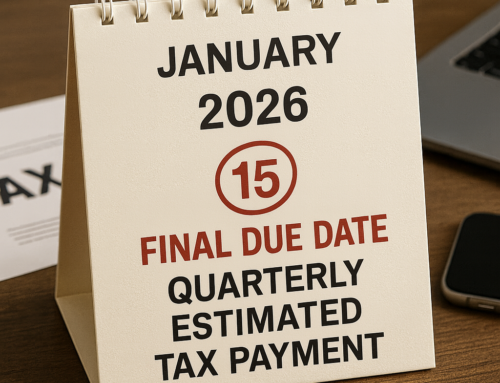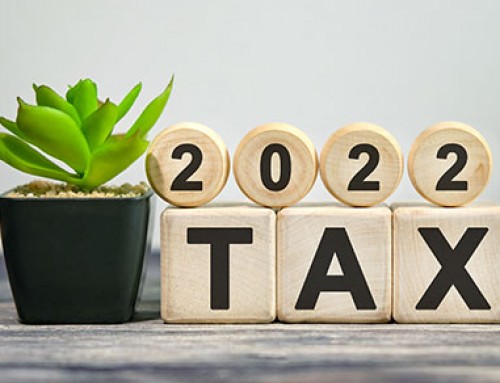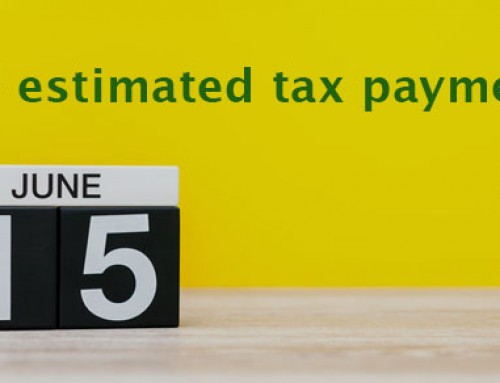Mark Your Calendar
The third installment of 2025 estimated taxes is due Monday, September 15.
Heads Up: IRS Changed Their Mailing Address If you’re mailing paper checks to the IRS with form 1040-ES and live in one of these states, there’s a new address as of August 22:
Alaska, California, Colorado, Hawaii, Idaho, Kansas, Michigan, Montana, Nebraska, Nevada, North Dakota, Ohio, Oregon, Pennsylvania, South Dakota, Utah, Washington, Wyoming
New Address: P.O. Box 1300, Charlotte, NC 28201-1300
The IRS has also changed the mailing address for form 1040-V for the 2024 tax year. Taxpayers in Alaska, Arizona, California, Colorado, Hawaii, Idaho, Kansas, Michigan, Montana, Nebraska, Nevada, New Mexico, North Dakota, Ohio, Oregon, Pennsylvania, South Dakota, Utah, Washington, and Wyoming must now send payments to:
New Address: P.O. Box 93100, Louisville, KY 40293-1000
Don’t panic if you already sent it to the old address—the IRS says they’ll forward it and won’t penalize you. But hey, maybe this is the universe telling you it’s time to pay electronically?
Quick Note About Tax Changes The One Big Beautiful Bill Act (OBBBA) passed this July and includes several new deductions and credits that might affect your 2025 taxes.
Questions about how OBBBA might impact your specific situation? Reach out to your Linkenheimer team—we’re tracking these changes and can help you determine if any adjustments make sense for you.
Federal Tax Payment Basics (Remember, state rules vary—and below doesn’t apply to CA)
Federal estimated tax payments are designed to ensure that certain individuals pay their fair share of taxes throughout the year.
If you don’t have enough federal tax withheld from your paychecks and other payments, you may have to make estimated tax payments. This is the case if you receive interest, dividends, self-employment income, capital gains, a pension or other income that’s not covered by withholding.
Individuals generally must pay 25% of a “required annual payment” by April 15, June 15, September 15, and January 15 of the following year, to avoid an underpayment penalty. If one of those dates falls on a weekend or holiday, the payment is due on the next business day.
Bottom Line: Not sure if you’re on track? Wondering if those new tax provisions matter for your situation? Give us a call. We’re always here to answer your questions.







Leave A Comment